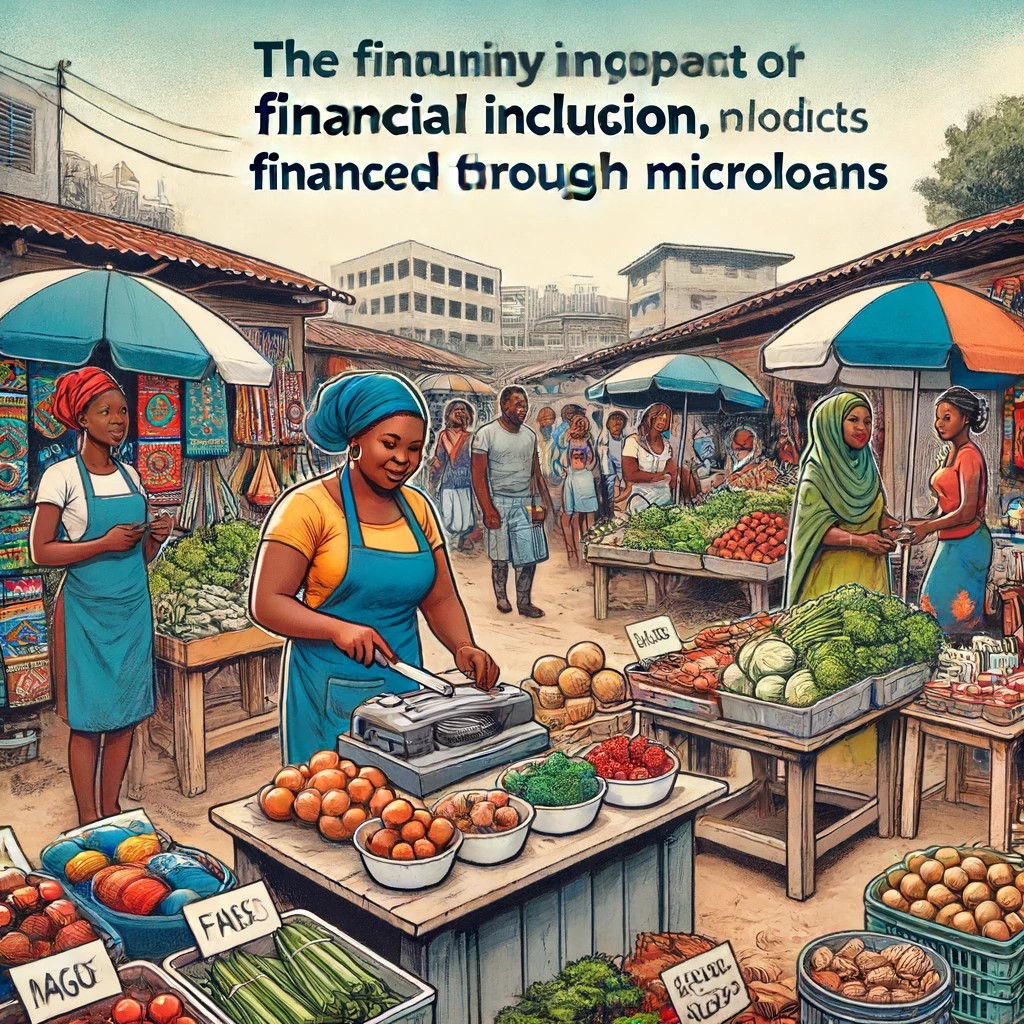The Impact of Geopolitical Conflicts on Currency Markets
Geopolitical conflicts have always played a significant role in shaping financial markets, particularly currency markets. As global interconnectedness increases, the impact of political instability, international disputes, and regional conflicts on currencies has become more pronounced. This article explores current trends in how geopolitical conflicts influence currency markets and offers predictions for the future.

Current Trends in Geopolitical Conflicts and Currency Markets
Increased Volatility: Geopolitical conflicts often lead to increased volatility in currency markets. Investors tend to seek safer assets during periods of uncertainty, causing fluctuations in exchange rates. For instance, during the Brexit negotiations, the British pound experienced significant volatility as markets reacted to political developments and uncertainties about the UK’s future relationship with the EU.
Impact of Geopolitical Conflicts on Currency Markets
Flight to Quality: During geopolitical conflicts, there is a general tendency for investors to move their assets to more stable and reliable currencies. This phenomenon, known as the "flight to quality," leads to appreciation in safe-haven currencies and depreciation in riskier currencies. This movement can exacerbate currency fluctuations and create challenges for countries dealing with depreciating currencies.

Trade and Economic Sanctions: Geopolitical conflicts often result in the imposition of economic sanctions, which can severely impact the targeted country’s currency. Sanctions can restrict a country’s ability to trade and access international financial markets, leading to currency depreciation. The Russian ruble (RUB), for instance, experienced significant depreciation following sanctions imposed by Western countries due to geopolitical conflicts.
Market Sentiment and Speculation: Geopolitical conflicts influence market sentiment and speculative activities. Traders and investors react to news and developments, often leading to short-term spikes or drops in currency values. Speculative trading based on geopolitical news can intensify market movements and create opportunities and risks for currency traders.
Future Predictions for Geopolitical Conflicts and Currency Markets
Increased Monitoring and Analysis: As geopolitical risks continue to influence currency markets, investors and financial institutions will place greater emphasis on monitoring and analyzing geopolitical developments. Advanced data analytics and geopolitical risk assessment tools will become integral in forecasting currency movements and making informed investment decisions.

Diversification of Safe-Haven Assets: The concept of safe-haven assets may evolve as investors seek diversification beyond traditional currencies like the USD and CHF. Digital currencies, gold, and other alternative assets may gain prominence as hedges against geopolitical risks, providing new avenues for investors to protect their portfolios.
Regional Economic Cooperation: In response to geopolitical conflicts, regions may strengthen economic cooperation to stabilize their currencies and mitigate external risks. For example, ASEAN countries might enhance financial collaboration to reduce the impact of external geopolitical tensions on their currencies.
In conclusion, geopolitical conflicts significantly impact currency markets, leading to increased volatility, shifts in investor behavior, and changes in currency values. As global interconnectivity grows, the influence of geopolitical events on currencies will likely intensify. Investors and financial institutions must remain vigilant, leveraging advanced analytics, diversification strategies, and innovative financial products to navigate the complexities of geopolitics in the currency markets.
(Writer:Galli)





